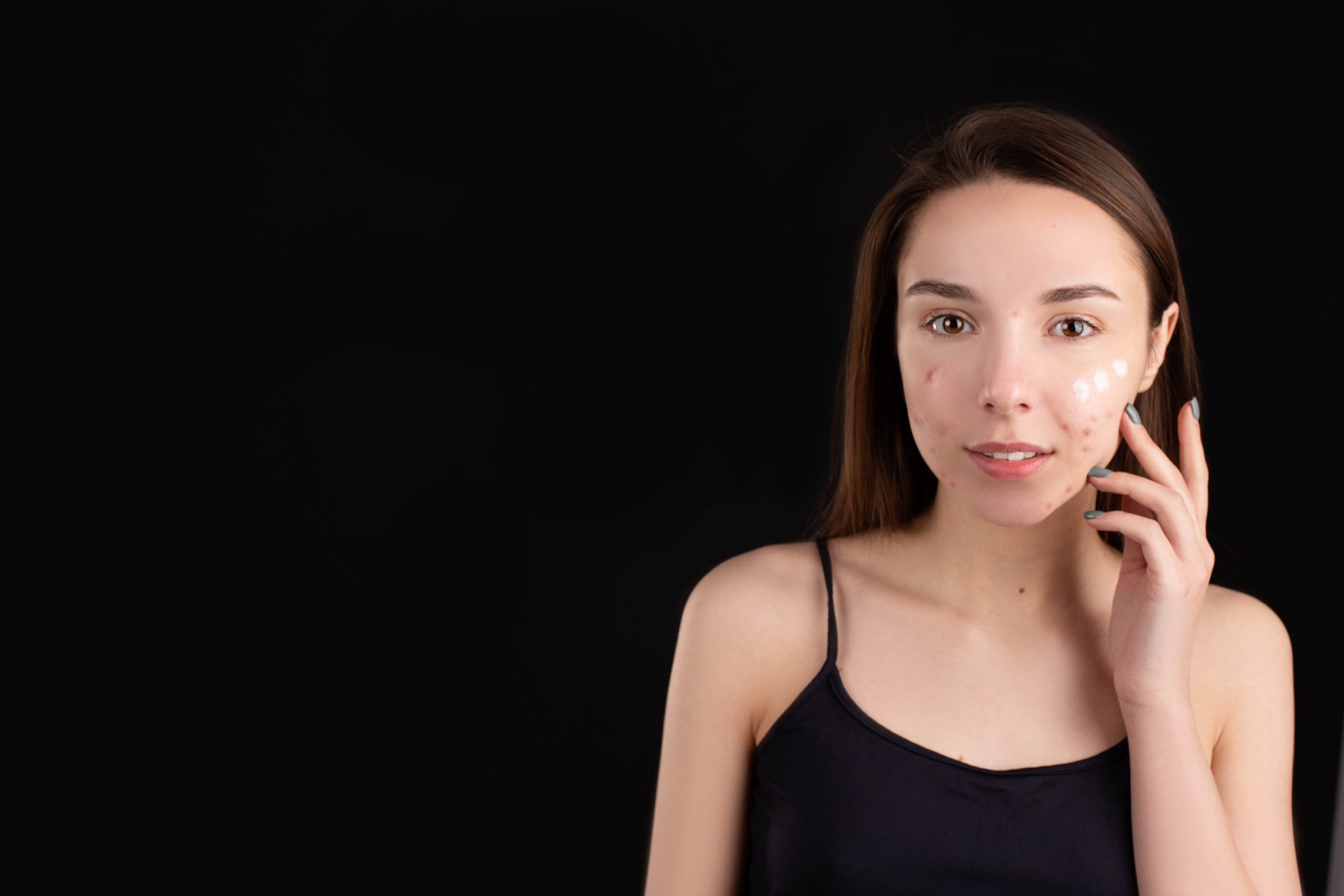Acne-prone skin can be a persistent challenge, and for many, Vitamin A has come outd as a powerful ally in the fight against blemishes. However, the diverse range of Vitamin A derivatives, from potent retinoids to milder retinols, can make choosing the right one a complex decision. In this comprehensive guide, we will explore the various forms of Vitamin A and delve into the considerations necessary for selecting the most suitable option for acne-prone skin.
Understanding Vitamin A Variants
1. Retinoids: The Power Players
Retinoids are the most potent and prescription-strength derivatives of Vitamin A. Tretinoin, adapalene, and tazarotene fall under this category. They work by accelerating cell turnover, preventing clogged pores, and reducing inflammation – all crucial aspects for acne management.
While highly effective, retinoids can be harsh on the skin, causing redness, dryness, and peeling during the initial stages of use. Due to their strength, retinoids are usually prescribed by dermatologists and may not be suitable for everyone, especially those with sensitive skin. Starting with a lower concentration and gradually increasing can help mitigate side effects.
2. Retinol: A Gentler Alternative
Retinol is a milder form of Vitamin A, available over the counter in various skincare products. It undergoes conversion in the skin into retinoic acid, the active form that provides similar benefits to retinoids but at a slower pace.
Retinol is a more forgiving option for individuals with acne-prone skin who may find retinoids too harsh. It still promotes cell turnover and collagen production but is less likely to cause severe irritation. Starting with a lower concentration of retinol and gradually increasing as your skin builds tolerance is a common recommendation.
3. Retinyl Palmitate: Mild and Stable
Retinyl palmitate is a gentle, stable derivative of Vitamin A often found in over-the-counter skincare products. It is considered less potent than retinol and requires further conversion in the skin.
Ideal for those with sensitive skin, retinyl palmitate is a milder option that provides some of the benefits of Vitamin A without the risk of significant irritation. However, its efficacy may be lower compared to retinol or retinoids, making it better suited for those who are just beginning to incorporate Vitamin A into their skincare routine.
Factors to Consider for Acne-Prone Skin
1. Skin Sensitivity
The level of sensitivity in acne-prone skin is a crucial factor in deciding which Vitamin A variant to use. While retinoids are potent, they can be too harsh for sensitive skin, potentially exacerbating redness and irritation.
Individuals with sensitive skin may find retinol or retinyl palmitate more suitable, as they are generally milder and less likely to cause severe reactions. It’s crucial to perform a patch test before incorporating any Vitamin A product into your routine to gauge your skin’s tolerance.
2. Severity of Acne
The severity of acne determines the level of firepower needed in a Vitamin A product. For mild to moderate acne, a milder form like retinol or retinyl palmitate may suffice. However, for severe cases, a dermatologist may prescribe a stronger retinoid.
Consulting with a dermatologist is vital to assess the severity of acne and determine the appropriate Vitamin A product. They can provide personalized recommendations based on your skin’s specific needs.
3. Consistency and Patience
Consistency and patience are key when using Vitamin A for acne-prone skin. Results may take time to manifest, and adherence to a regular skincare routine is crucial for long-term success.
Regardless of the chosen Vitamin A variant, it’s essential to be patient and consistent in application. Sudden discontinuation or irregular use can hinder progress. Results may take weeks to months, but with perseverance, improvements in acne and overall skin texture can be achieved.
Conclusion
Selecting the right Vitamin A variant for acne-prone skin requires a nuanced understanding of individual skin needs, sensitivities, and the desired level of potency. Whether opting for the potency of retinoids, the milder approach of retinol, or the gentleness of retinyl palmitate, considering factors such as skin sensitivity, acne severity, and commitment to a consistent routine is crucial. For personalized advice, consulting with a dermatologist ensures a tailored approach to address specific concerns.
FAQs
Q1: Can I use retinoids if I have sensitive skin?
Retinoids can be harsh on sensitive skin. It’s advisable to start with a lower concentration and gradually increase as your skin builds tolerance. Consult with a dermatologist for personalized recommendations.
Q2: How long does it take to see results with Vitamin A for acne?
Results with Vitamin A can vary, but it often takes several weeks to months of consistent use to see improvements in acne and overall skin texture. Patience and adherence to a regular skincare routine are key.
Q3: Can I use Vitamin A products if I have active breakouts?
While it’s generally safe to use Vitamin A products during active breakouts, individuals with severe or persistent acne should consult a dermatologist for personalized advice. Starting with a milder form like retinol may be advisable.



